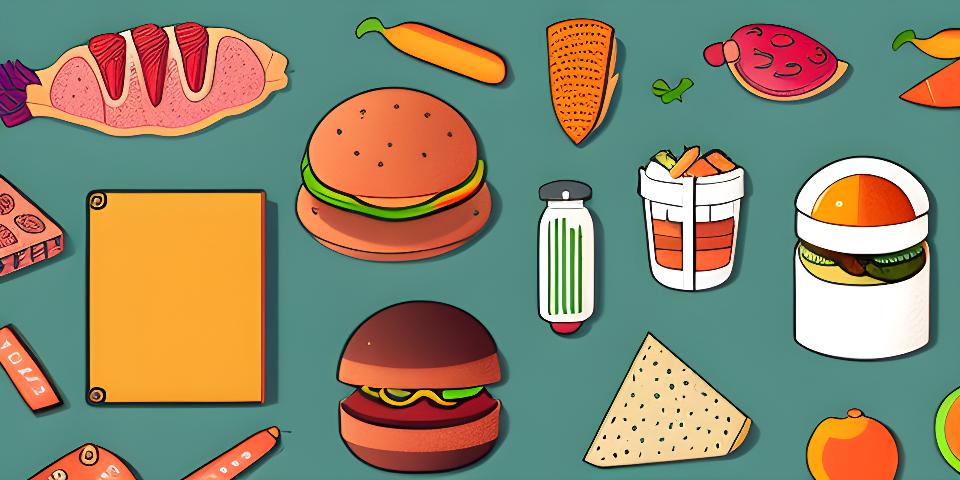The Role of Food Diary in Learning Portion Control
Introduction to Portion Control and its Importance
Portion control plays a vital role in maintaining a healthy diet and managing weight. It involves understanding the appropriate amount of food to consume for each meal or snack. By keeping track of your food intake through a food diary, you can effectively monitor portion sizes, make mindful choices, and achieve your health goals.
The Benefits of Keeping a Food Diary
A food diary is an essential tool that provides numerous benefits when it comes to portion control:
- Awareness: Writing down everything you eat increases awareness about your eating habits and helps identify areas where portion control may be lacking.
- Mindful Eating: Keeping track of food portions encourages mindful eating by promoting deliberate choices rather than mindless consumption.
- Serving Size Understanding: Regularly recording meals allows you to develop a better understanding of proper serving sizes for different foods.
- Curb Overeating: A food diary helps prevent overeating by providing accountability and making it easier to recognize patterns or triggers that lead to excessive consumption.
Tips for Effective Use of a Food Diary
To maximize the benefits gained from using a food diary, consider the following tips:
- Be Consistent: Make it a habit to record your meals and snacks consistently throughout the day.
- Include Details: Note down portion sizes, ingredients, and cooking methods to have a comprehensive record of your food choices.
- Honesty is Key: Be honest with yourself and accurately document everything you consume, even if it may not align with your goals. This helps identify areas for improvement.
- Analyze Patterns: Regularly review your food diary to identify patterns or triggers that lead to overeating or unhealthy portion sizes. Use this information to make positive changes in your eating habits.
Incorporating Portion Control into Your Lifestyle
Beyond using a food diary, there are additional strategies you can implement to improve portion control:
- Mindful Eating: Slow down while eating, savor each bite, and pay attention to feelings of fullness. This allows better recognition of when you’ve had enough.
- Serving Size Awareness: Familiarize yourself with recommended serving sizes for different types of foods by reading labels or using measuring tools until you develop an intuitive sense of appropriate portions.
Achieving healthy portion control takes practice and self-awareness. By utilizing a food diary and adopting mindful eating practices, you can gain control over your portion sizes, make informed choices, and maintain a balanced diet for optimal health.
